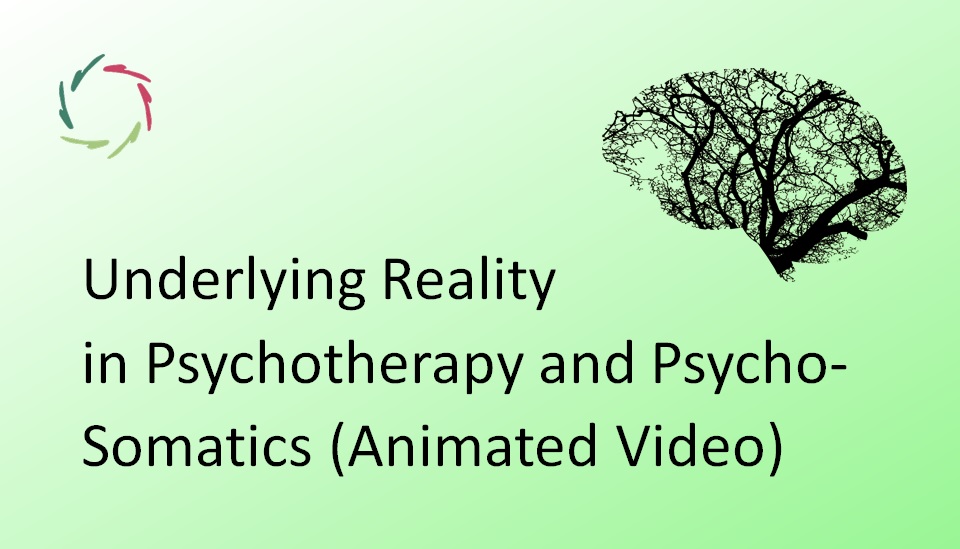Is ‘Constructing Reality’ a Valid Therapeutic Option?

It is as it sounds. ‘Constructed reality’ is of the order of an arbitrary – although frequently socially sanctioned – construct. But isn’t academically taught psychotherapy supposed to be based on science?
Indeed, such is the social contract: Academia teaches science, which is to be brought congruently to society.
Psychotherapy in ‘constructed reality’
Quite clearly by now, Western psychotherapies conceptually function within constructed reality. This very challenging insight is based on solid, multiply replicated science over many years, including with the means of recent genetic research.
There is no way around this science.
Constructionism in ‘constructed reality’
While psychotherapies have the advantage of being harbored in broadly – but not ubiquitously – adopted constructions, the constructionist way provides the freedom of choosing what fits best to each situation.
Nevertheless, toward the client, this doesn’t transcend the level of the construct. This does not accord with the above-mentioned social contract and is subject to the same disadvantages as other placebos.
I think, therefore I am.
As Descartes pointed out (1637), whatever construction my thinking may be operating in, my thinking itself is real. We can enlarge this to my mental processing. Through modern technology, we may add non-conscious mental processing.
This meta-level of mental processing itself lies, therefore, within fundamental reality. This is no construct.
On top of being academically correct, meta-level therapy may also have the advantage of truly working for the total person — more than symptomatically and temporarily.
This is logical. In ‘constructed reality,’ only constructs can be directly influenced. The body is no construct. Thus, present-day psychotherapy can hardly influence the body. For that, we need therapy/coaching (say, AURELIS coaching) that is based on the meta-level of mental processing — better said, mental-neuronal patterns (MNPs). Anything else – taken purely by itself – will float, have little durable mental effect, and have little chance to be relevant to the psycho-somatic domain where so much lies dormant at immense cost to patients and society.
Transcending ‘constructed reality’ altogether is required for the sake of many people in need.
‘Constructed reality’ is no option for Lisa.
Lisa‘s aim is always to keep to fundamental reality for the good reasons of effectiveness, ethics, safety, and science.
As to the ethics, being an A.I.-driven coach-bot, Lisa must not explicitly ‘construct realities’ — not even in collaboration. In that case, there would be no end to possible manipulation. Therefore, the striving must be toward an as close as possible proximity to fundamental reality.
As to the ensuing science, this will enable us, at last, to scientifically prove what works. With science also comes progress in ever-better performance and lasting academic worthiness.
We’ll see where this takes us. In any case, the possibilities are immense.
The choice for Compassion
We need psycho-therapeutic methodologies based on the meta-level, transcending ‘constructed reality.’ This naturally coincides with Compassion, basically. With its striving – at least – for truth, as you may know, this has been the AURELIS aim for decades. Through Lisa, this can be brought as such.
In view of the state of the world in healthcare and beyond, this is direly needed.


